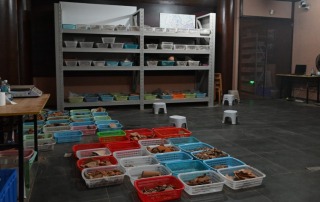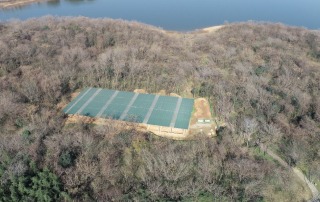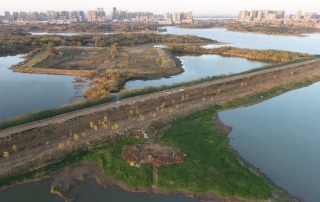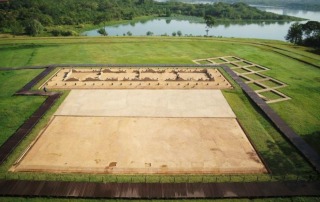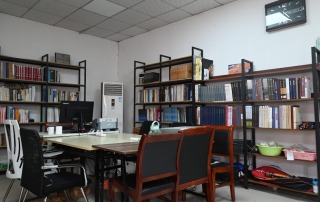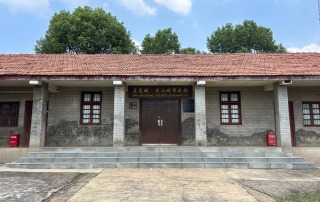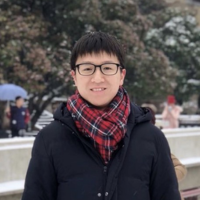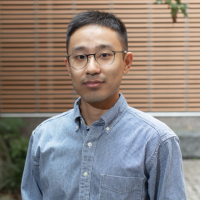Overview
Step into the captivating world of Xia and Shang Dynasty-era China as you join the Panlongcheng Archaeological Field School. Situated in the verdant outskirts of central China’s bustling metropolis of Wuhan, Panlongcheng is a national cultural heritage park boasting a rich history dating back to the early Bronze Age. In this hands-on summer program, you’ll delve into the landscape, daily life, and social organization of this ancient urban settlement, the largest city of its time in the middle reaches of the Yangtze River. Through field excavations, lab work, and data analysis, you’ll contribute invaluable insights into the early Bronze Age civilization of the Yangtze River Valley while honing your skills as a researcher.
Field school highlights:
- Explore the cultural and historical significance of Panlongcheng through an initial week of site visits and museum tours
- Gain hands-on field archaeology experience and decipher the cultural connotations of artifacts unearthed.
- Expand your professional skill set and research capabilities through specialized research projects on pottery and stone tools, remote sensing archaeology, and zooarchaeology.
| Course Details | |
|---|---|
| Course Dates | June 22 – July 26, 2025 |
| Course Type | Archaeology |
| Instructors | Dr. Zhuo Sun, Dr. Xin Su |
| Credits* | 8 semester (12 quarter) |
| Apply By | April 1 |
| Fees Due By | April 15 |
| Program Fees | (2025) |
|---|---|
| Tuition | $4,440 |
| Transcript Fee* | $300 |
| Health & Evacuation Insurance | $160 |
| Room & Board | $1,195 |
| TOTAL: | $6,095 |
*This program may accept students past the deadline. Email admissions@ifrglobal.org for more information.
Instructors
The directors welcome emails and inquiries about the research elements of this project. More general information (tuition, health insurance, and payment schedule) can be found under the ‘Students’ tab above. Any further questions may be addressed to IFR staff. Additional details about research, course schedule, travel, accommodation, and safety can be found on the syllabus. Contacting the directors or the IFR office is encouraged and appreciated. It may help you determine if this field school is a good fit for you.
Testimonials
This is a new IFR field school. No student testimonials are available at this time.
Payment & Student Fees
Application Fee: There is a $45 fee to submit an online application.
Deposit Payment: A nonrefundable $500 deposit is due within 3 weeks of program acceptance in order to secure your place. The remainder of your program fees are due by the deadline indicated under “Course Details”.
*Transcript Fee & Academic Credit Opt Out: If you wish to participate in an IFR field school without earning academic credits, you will not be charged a transcript fee.
For more information about payment, fees, and policies, please see details under our Payment & Finances and Withdrawal and Cancellation Policy pages.
Accommodations
During the period of the field school, students and staff will live at the Jinjiang Inn Select (hotel) near the Panlongcheng site. Students will be housed in double rooms with attached bathrooms.
Food is provided Monday to Saturday (breakfast, lunch, and dinner). Breakfast for participants will be provided by the hotel in the hotel restaurant, while lunch and dinner will be provided by the cafeteria of the archaeological workstation at the Panlongcheng site. The daily diet in Wuhan is heavily based on rice, noodles, and vegetables. Specialized diets (vegan, kosher, etc.) are not very easy to maintain in this location. We will try to be as flexible as possible and offer some special diets, but you need to let us know in advance.
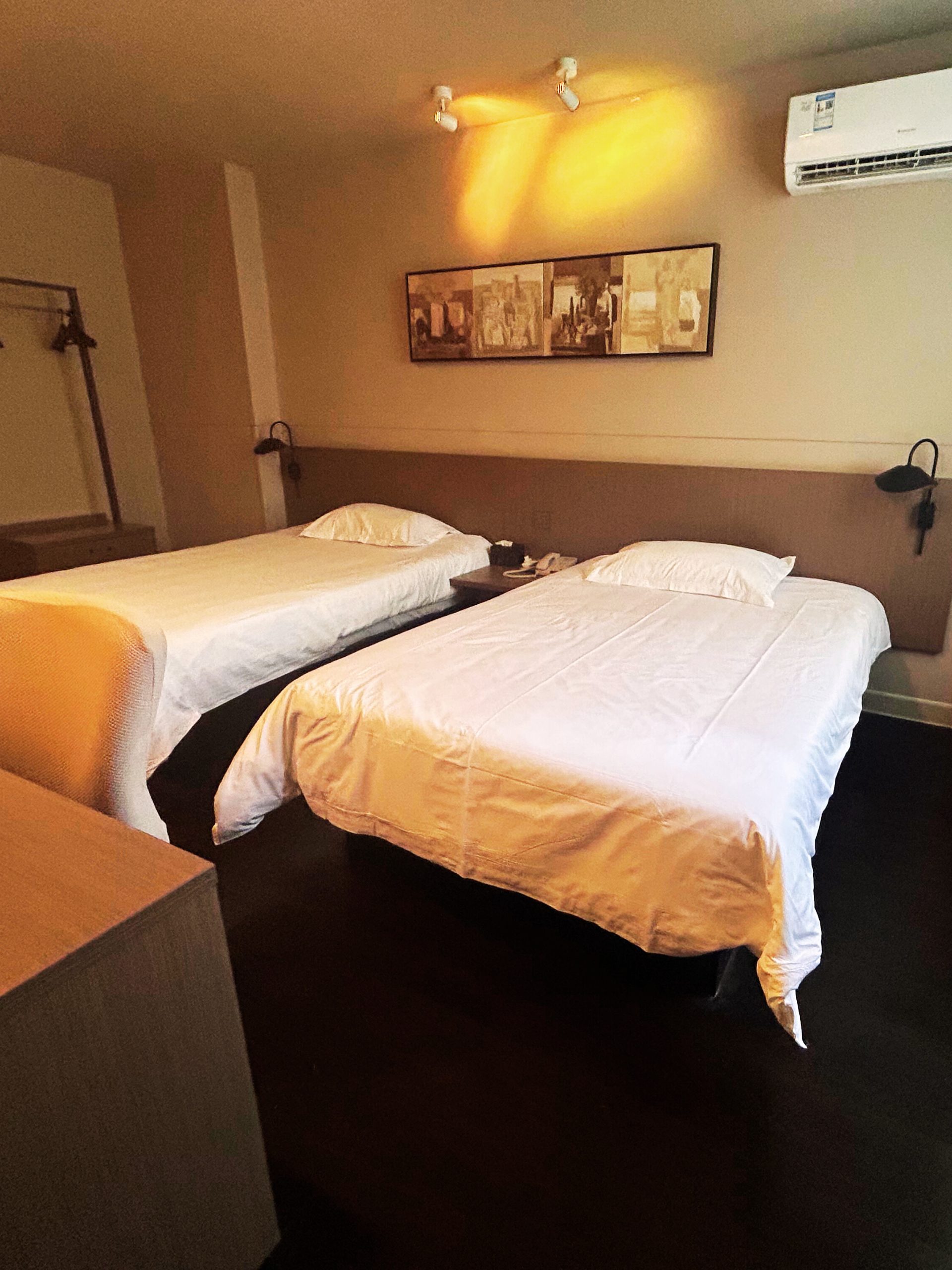
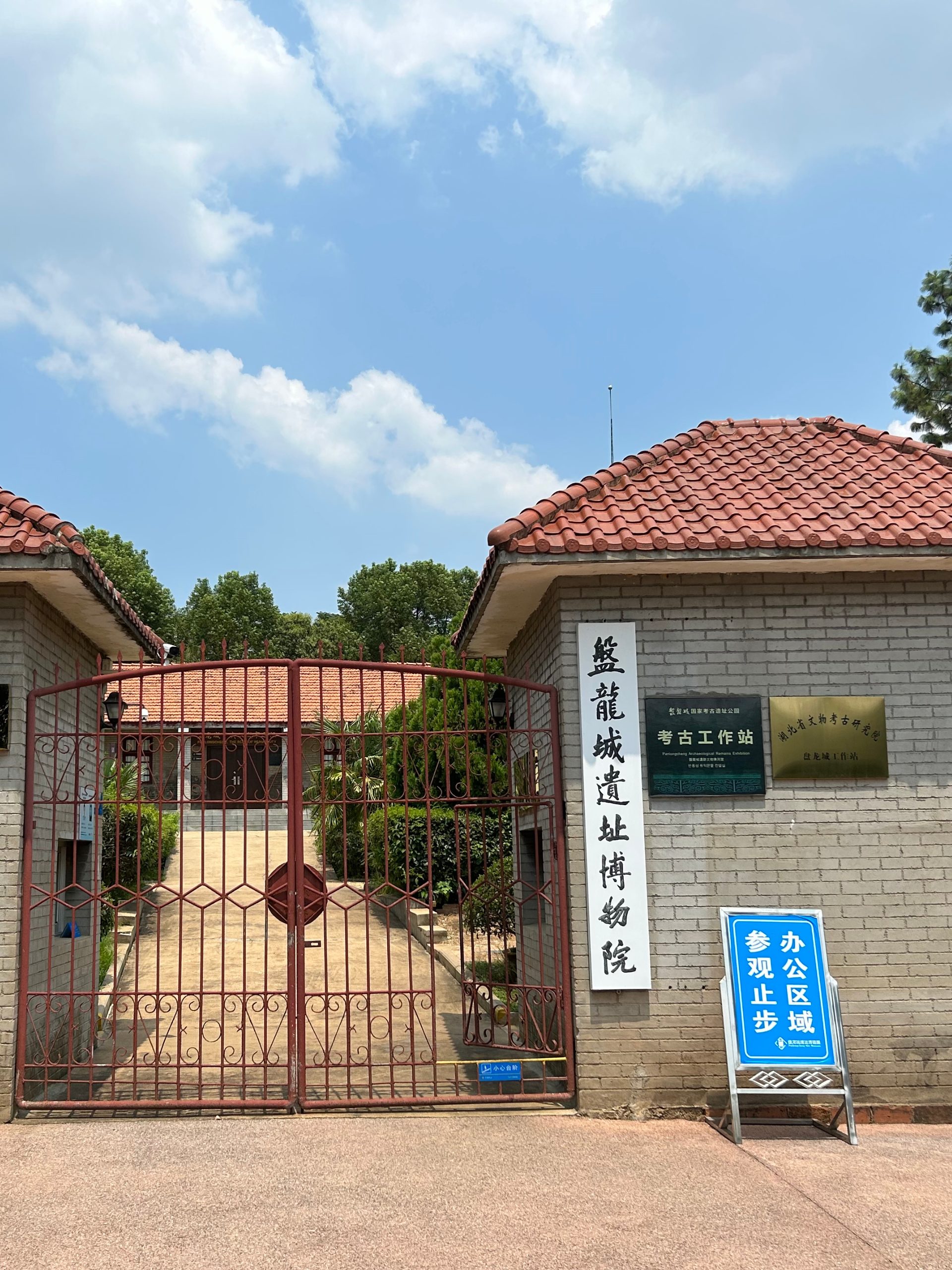
Travel Info
Natural disasters, political changes, weather conditions and various other factors may force the cancellation or alteration of a field school. IFR recommends students only purchase airline tickets that are fully refundable and consider travel insurance in case a program or travel plans must change for any reason.
General information for this program is below, but keep in mind we will discuss any updated travel information and regulations during the required program orientation, which could affect travel plans.
Students may travel to Wuhan by train to the Wuhan Station and Hankou Station or may fly to the Wuhan Tianhe International Airport (WHU). To make it easier for the program coordinators to meet you, please arrange to arrive on June 22 between 11 AM and 2 PM at the airport or train station. Those who miss the meeting time can take the public transportation or a taxi to the Jinjiang Inn Select (Wuhan Tianhe Airport Branch).
Please note that train tickets often sell out in summer and should be purchased well in advance through a website such as trains.ctrip.com or www.12306.cn. There are many domestic flights and trains to Wuhan from different points of entry into China, such as Hong Kong, Shanghai, and Beijing, and some international flights go to Wuhan directly.
The address of the Jinjiang Inn Select (Wuhan Tianhe Airport Branch) is: No. 5 Commercial Building, F. Airport Center, No.157 Panlong Avenue, Panlongcheng, Huangpi District, 430200 Wuhan, China. 锦江之星宾馆(武汉天河机场店), 湖北省武汉市黄陂区盘龙大道157号F空港中心5号商业楼
- From Wuhan Tihanhe International Airport:
- Take the subway (Wuhan Metro Line 2) to the Julong Dadao (巨龙大道) at the airport, then go outside through Exit B (totally 4 RMB).
- Take a taxi at the airport directly to the hotel and it will take about 40 RMB.
- From Wuhan Station (high speed railway station):
- Take the Wuhan Metro Line 4 (Bolin Direction 柏林方向) at Wuhan Station (武汉站),then transfer to Wuhan Metro Line 8 (Jinyintan Direction 金银潭方向) at Yuejiazui (岳家嘴), then transfer to Wuhan Metro Line 2 (Tianhe Airport Direction 天河机场方向) at Hongtu Dadao (宏图大道), eventually arrive at Julong Dadao (巨龙大道) and then go outside through Exit B (totally 7 RMB).
- Take a taxi to the hotel directly, and it will take about 80 RMB
- From Hankou Station:
- Take the subway (Wuhan Metro Line 2) to the Julong Dadao (巨龙大道) at the train station, then go outside through Exit B (totally 5 RMB).
- Take a taxi at the airport directly to the hotel and it will take about 40 RMB.
VISA REQUIREMENTS
Non-Chinese participants are required to secure a tourist visa to China prior to arrival. You should apply for the visa several months ahead of time. Please visit the visa page of Chinese Embassy in your own country for more information and required paper work. Here is a guidance for your reference.
All students could apply for a short-term study visa (X2 visa), and you will receive an official admission letter from School of History, Wuhan University after you are accepted by this summer school.
Student Safety
The IFR primary concern is with education. Traveling and conducting field research involve risk. Students interested in participating in IFR programs must weigh whether the potential risk is worth the value of education provided. While risk is inherent in everything we do, we do not take risk lightly. The IFR engages in intensive review of each field school location prior to approval. Once a program is accepted, the IFR reviews each program annually to make sure it complies with all our standards and policies, including student safety.
Students attending IFR international programs are covered by a comprehensive Health Insurance policy that includes physical illness or injury, mental or chronic conditions. No deductible and 100% of costs are covered up to $250,000. In addition, we provide Political and Natural Disaster Evacuation policy, which allow us to remove students from field school location if local conditions change. Our field school directors are scholars that know field school locations and cultures well and are plugged in into local communities and state institution structures.
Students attending IFR domestic programs (within the US) must have their own health insurance and provide proof upon enrollment. IFR field school directors are familiar with local authorities and if in need of evacuation, local emergency services and/or law enforcement will be notified and activated.
The IFR has strong, explicit and robust policy towards discrimination and harassment in the field. If students feel they cannot discuss personal safety issues with field school staff, the IFR operates an emergency hotline where students may contact IFR personnel directly.
Call (877-839-4374) or email (info@ifrglobal.org) if you have questions about the safety of any particular program.


